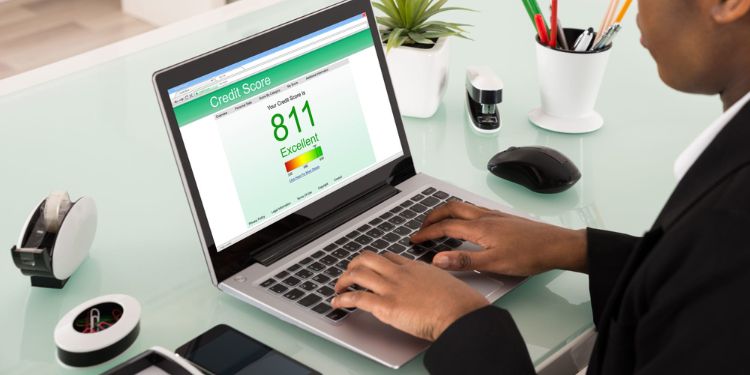

In today’s world, your credit score is an essential part of your financial profile. It can impact your ability to secure loans, buy a home, or even get a credit card. If you find yourself struggling with a low credit score, don’t worry; you’re not alone. In this article, we will explore various tips and strategies to help you raise your credit score and improve your financial standing.
Before we delve into the tips and strategies, it’s crucial to understand what a credit score is and how it’s calculated. A credit score is a three-digit number that represents your creditworthiness. It typically ranges from 300 to 850, with higher scores indicating better credit. Your score is determined by factors such as your payment history, credit utilization, length of credit history, new credit accounts, and types of credit.
The first step in improving your credit score is to obtain a copy of your credit report from all three major credit bureaus – Equifax, Experian, and TransUnion. Review your report for errors or inaccuracies, and dispute any discrepancies you find.
Consistently paying your bills on time is one of the most critical factors in your credit score. Set up payment reminders or automatic payments to ensure you never miss a due date.
High credit card balances can negatively impact your credit utilization ratio. Aim to keep your credit card balances below 30% of your credit limit.
Each time you open a new credit account, it can temporarily lower your credit score. Be cautious about opening new accounts, especially if your credit is already on the lower side.
Requesting a credit limit increase can help improve your credit utilization ratio, as long as you don’t increase your spending to match the higher limit.
Ask a family member or friend with a good credit history to add you as an authorized user on their credit card. This can help boost your credit score.
If you’re unable to qualify for a traditional credit card, consider a secured credit card. These cards are easier to obtain and can help you build a positive credit history.

Consider working with a credit counseling agency. They can provide you with valuable guidance on managing your debt and improving your credit score.
Explore debt consolidation options to make it easier to manage your debts. This can help you make regular payments and reduce your overall debt load.
Improving your credit score takes time and effort, but it’s a worthwhile endeavor. By following these tips and strategies, you can raise your credit score and open up new financial opportunities.